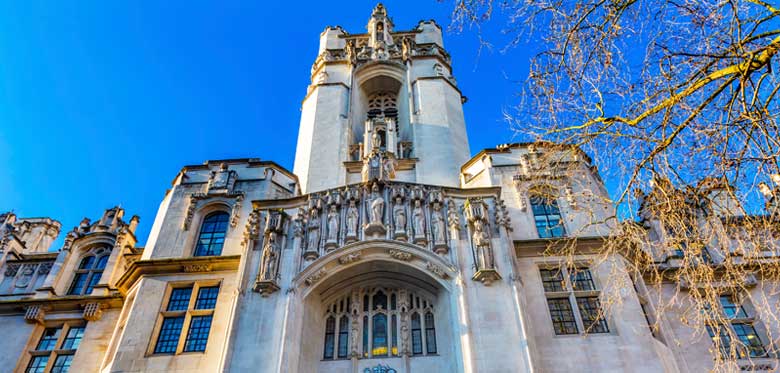A decision earlier this year by the Supreme Court not to allow an appeal against the judgement in Kong v Gulf International Bank (UK) Limited has caused ripples for whistle-blower protections.
The Employment Rights Act 1996 provides protection to employees within their employment who blow the whistle to their employer. Specifically, if an employee makes a disclosure which they believe is in the public interest and in this case due to the employer being likely to fail to comply with a legal obligation, the whistle-blower should not suffer a detriment for making the disclosure.
Ms Kong, as Head of Financial Audit, made a protected disclosure to the Head of Legal regarding the legality of a document used for lending, as she did not feel it was the relevant document due to the lack of safeguarding that it offered. The employment tribunal agreed that the disclosure met the threshold to be protected.
The Head of Legal was upset by the disclosure as she believed that Ms Kong was questioning her legal knowledge/integrity and then orchestrated for Ms Kong to be dismissed by the company around two months following the disclosure.
The employment tribunal held that Ms Kong had been unfairly dismissed, but the reason for the dismissal was not the protected disclosure it was Ms Kong’s conduct surrounding the disclosure that had upset the Head of Legal.
This is despite the tribunal agreeing that Ms Kong did not conduct herself unreasonably when making the disclosure, it was the perception of her conduct by the Head of Legal who was genuinely upset. All Ms Kong’s previous performance reviews had been outstanding, and the employer admitted that before the disclosure they had never thought about dismissing her.
This decision appears to expand on the principle of separability, allowing businesses the opportunity to break the causal link between the protected disclosure and the resulting treatment if factors other than the disclosure itself resulted in the unfavourable treatment.
The principal of safeguarding whistleblowing is fundamental, and a worker or employee should be able to disclose a potential wrongdoing without being put to a detriment, disciplined or dismissed for hurting someone’s feelings by making the disclosure. Employees should know that they will be protected from retaliation, but this case has highlighted some uncertainty in a complex area of law, and the importance of gaining legal advice surrounding whistleblowing disclosures.
If you are a an employee or employer requiring legal advice or assistance in relation to whistleblowing please contact our specialist employment law team on 0161 696 6170.




Comments